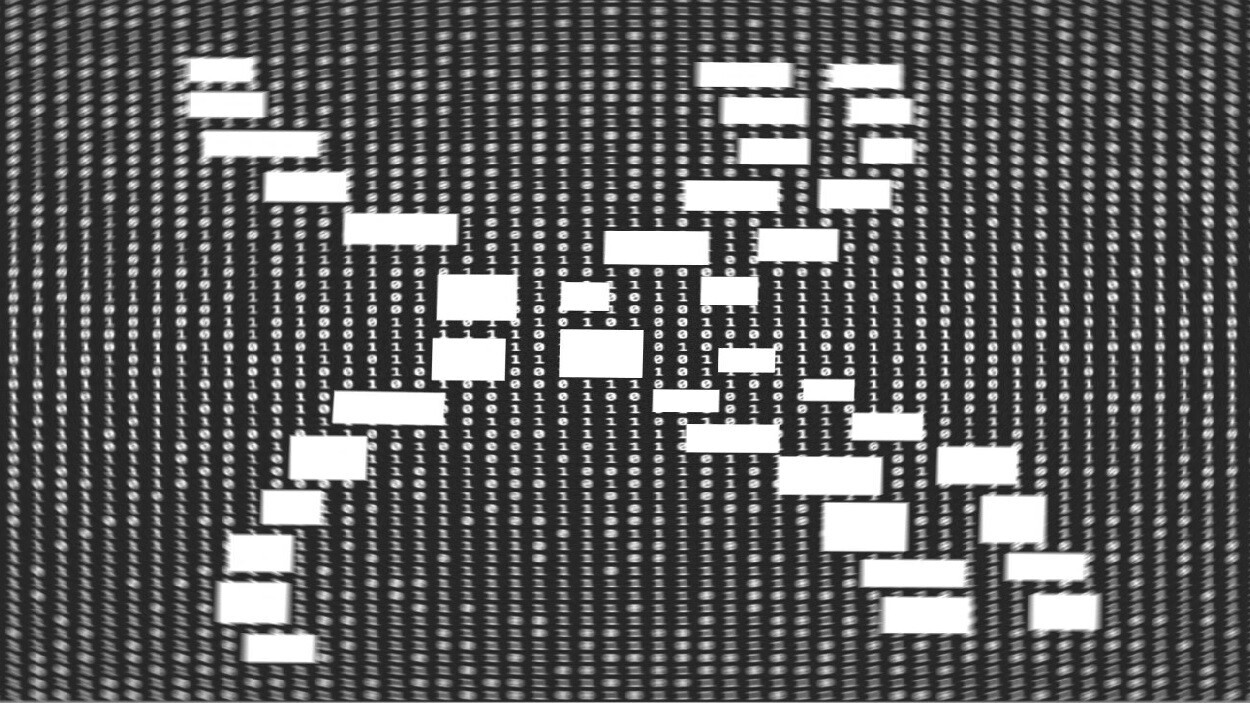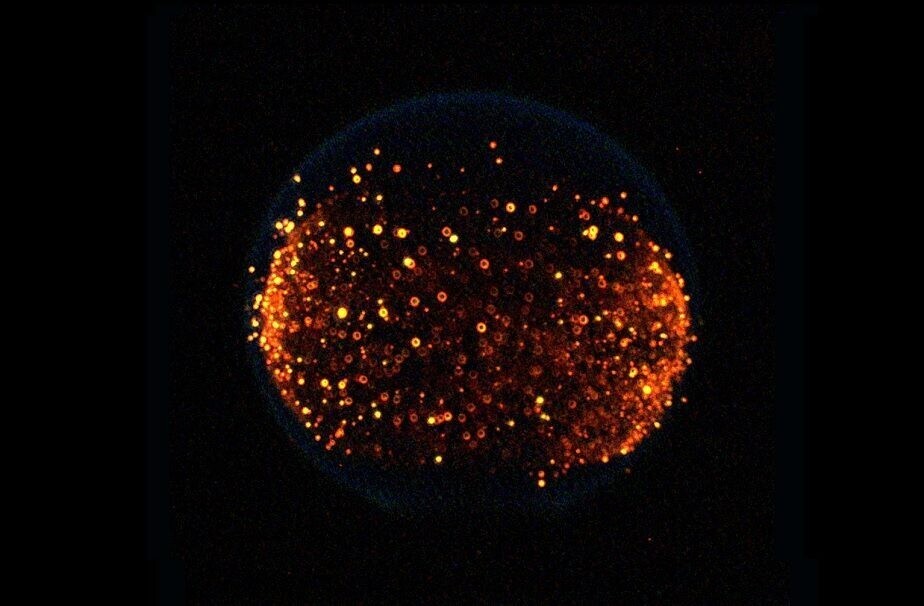
File this one under: While the rest of the world was busy trying to get virtual assistants to tell dad jokes, researchers in Estonia figured out how to Deepfake people at the molecular level.
We’ve seen a delightful onslaught of AI-generated content over the last few years from generative adversarial networks (GANs) attempting to create so-called “Deepfake” imagery.
There’s this person does not exist. And this cat does not exist. You can even generate feet, resumes, and waifu that does not exist. It’s astounding how realistic some of the imagery created out of thin air by AI can be.
But this is the first time we’ve seen an AI generate the recipe for a viable, unique human being via the creation of synthetic genomes.
A team of researchers from Estonia have developed a machine learning system capable of generating unique genome sequences. These computer-generated fakes could play a vital role in the future of DNA research.
Per the team’s research paper:
Generative neural networks have been effectively used in many different domains in the last decade, including machine dreamt photo-realistic imagery. In our work, we apply a similar concept to genetic data to automatically learn its structure and, for the first time, produce high quality realistic genomes.
Dubbed “artificial genomes,” these AI-created sequences are indistinguishable from actual human genomes with the exception of being completely synthetic. This means researchers don’t have to be concerned with ethical privacy concerns.
Under the current research paradigm, researchers have to safeguard DNA in order to ensure the privacy of the humans it belongs to. This involves extra rigor and, in many cases, a drought of available data due to the inability for facilities to share their datasets. Synthetic genomes should go a long way towards solving these problems.
Quick take: This is fantastic news for medical researchers and a clear case of GAN tech being used for good. But, this work does shine a light on some near and far future ethical conundrums we’re going to have to face one day.
In the near term, it’s going to get easier for bad actors to create fake personas that can stand up to even the most rigorous inspection. Not that we envision a scenario where a scam artist needs to provide a fake transcript of their genome, but the unknown unknowns are where security holes tend to grow the fastest.
In the far term… if Skynet had this GAN it wouldn’t have had to make so many machines that look like Arnold Schwarznegger. One day, this technology could reach a point where the philosophical question “am I a robot?” will be a very valid one for any given person to ask themselves.
Read the whole paper here.
Get the TNW newsletter
Get the most important tech news in your inbox each week.




